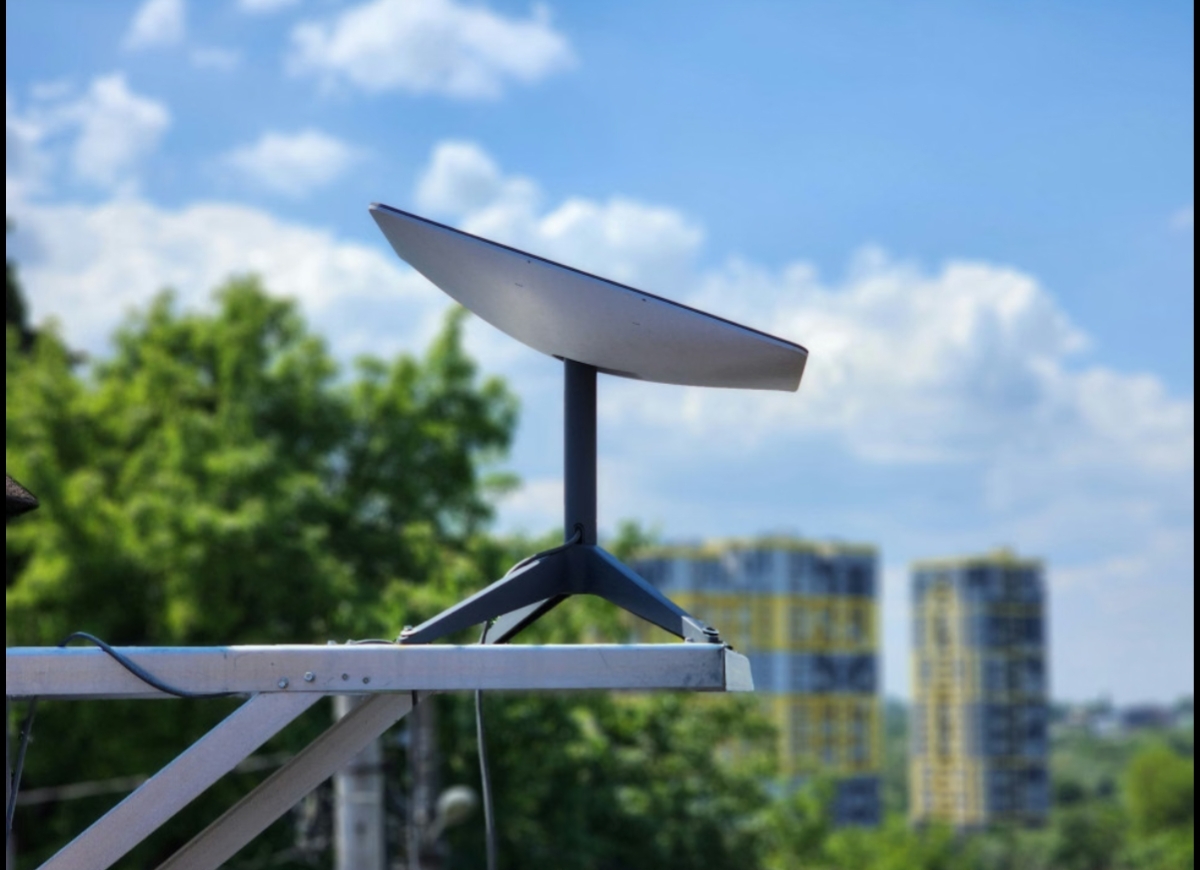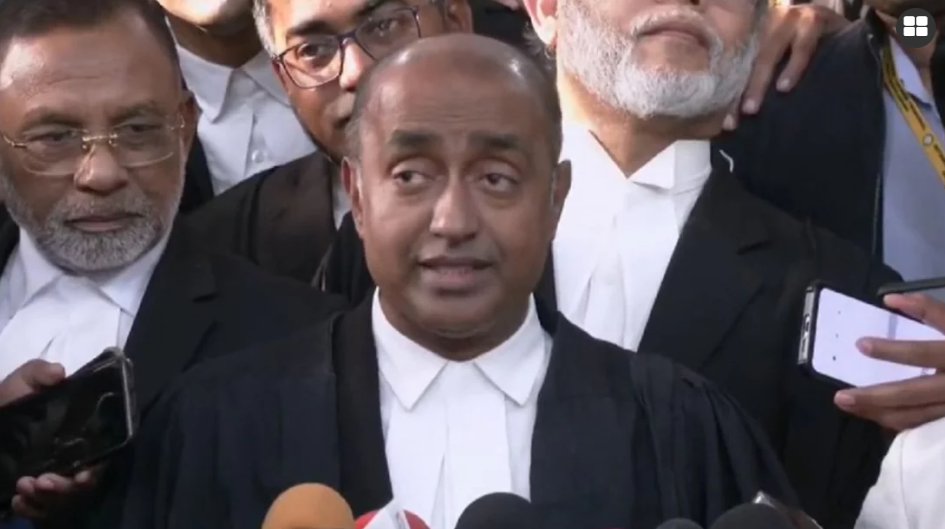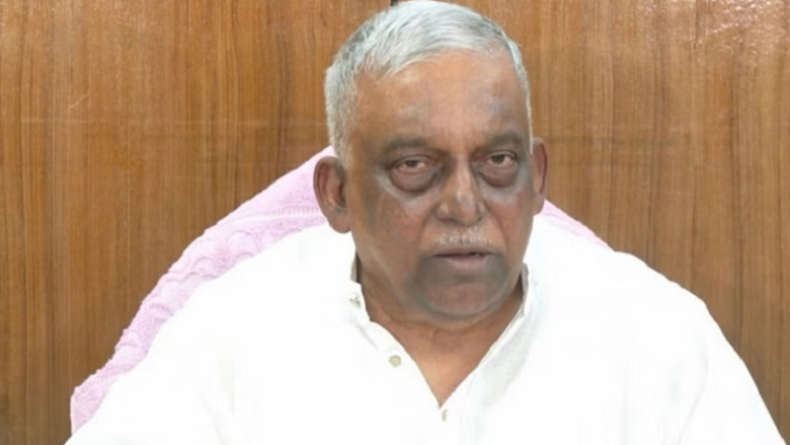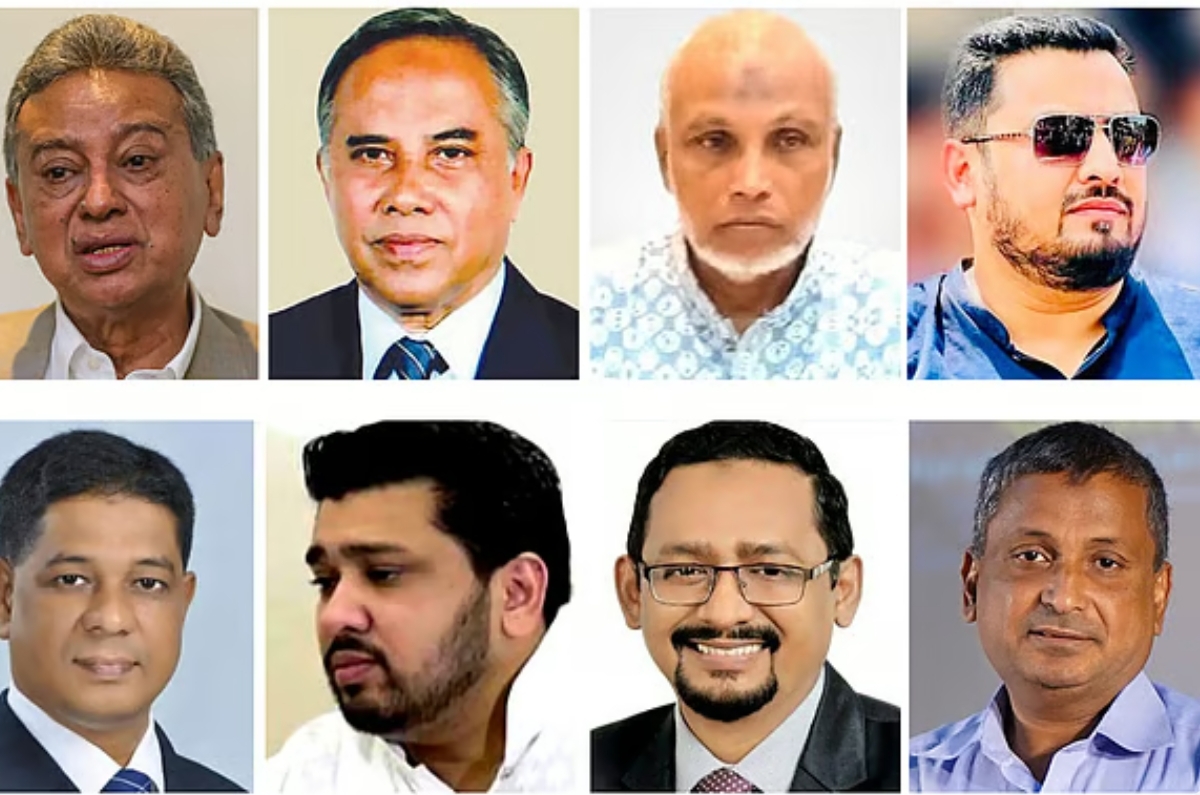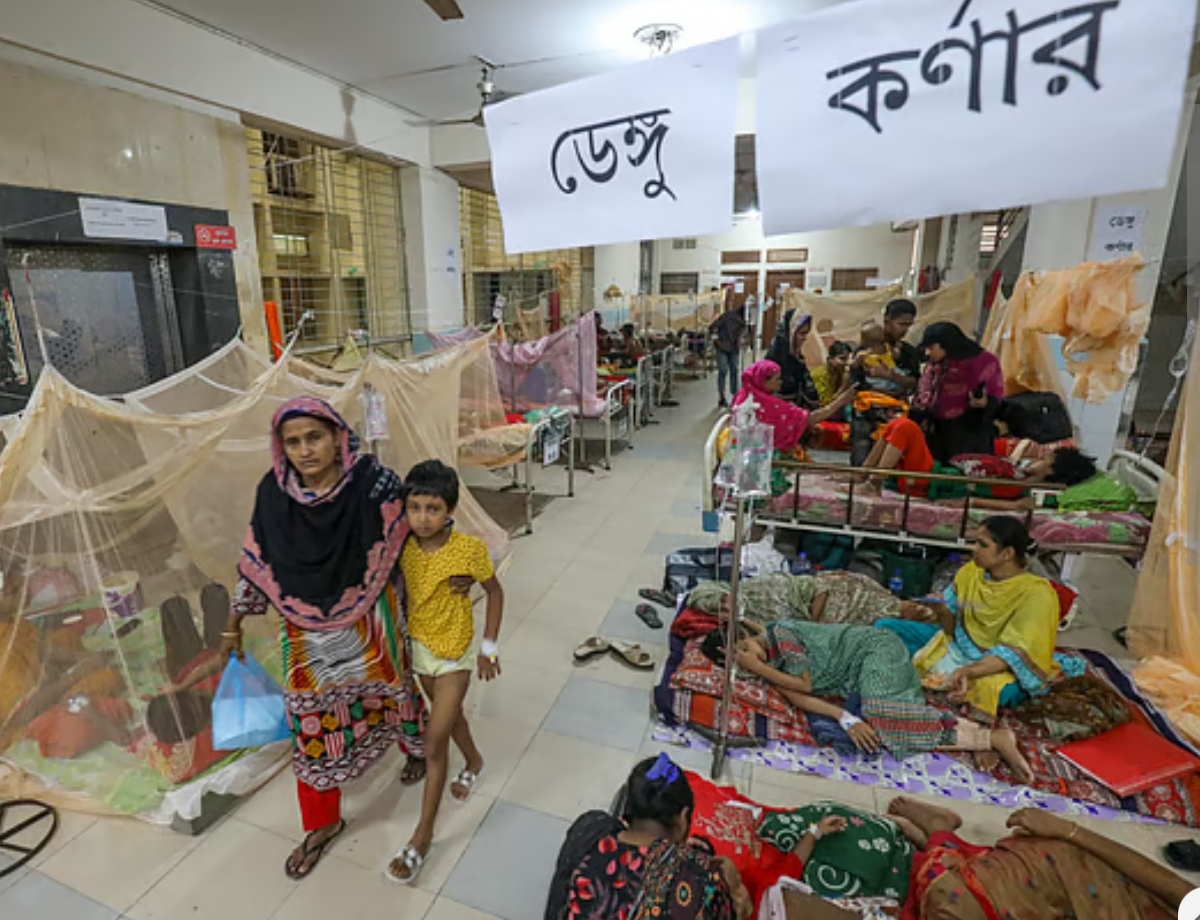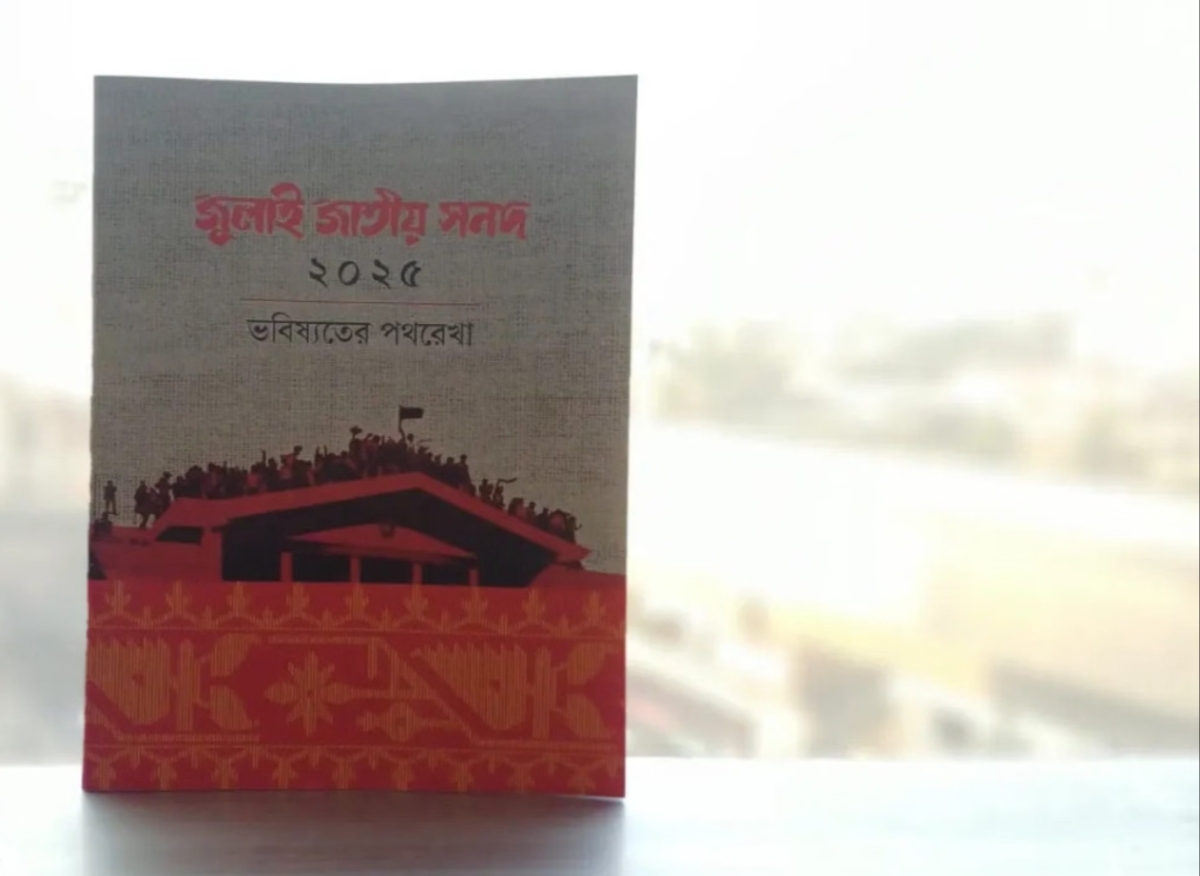BTRC to seek clarification on Starlink’s bandwidth export bid

- Update Time : 05:18:30 am, Thursday, 6 November 2025
- / 95 Time View

BTRC seeks more details on Starlink’s plan to export unrestricted bandwidth
Bangladesh’s telecom regulator is set to ask Starlink Services Bangladesh Ltd for additional clarification regarding its proposal to send unfiltered bandwidth out of the country through local internet service providers, before deciding whether to grant approval.
Filtered bandwidth refers to connections where devices such as routers, firewalls, or deep packet inspection (DPI) systems restrict or monitor certain types of online data. This kind of control can block websites, slow down specific services, or allow authorities to censor and prioritize traffic.
Unfiltered bandwidth, on the other hand, allows completely unrestricted data transmission, free from those limitations or content controls.
According to internal documents from the Bangladesh Telecommunication Regulatory Commission (BTRC), any bandwidth exported by Starlink must not be used by Bangladeshi customers or expatriates living within the country. The exported data may only serve foreign clients in nearby nations.
Starlink has requested permission to use international private leased circuit (IPLC) connections — dedicated international data lines that connect Bangladesh directly to other countries. In addition, it has sought unfiltered IP transit from local network operators to deliver high-speed, unrestricted services to overseas customers.
The regulator has asked Starlink to show a technical framework that clearly separates local and foreign data traffic. It also wants a real-time monitoring system that will let the BTRC independently verify this separation.
Relevant departments within the commission have been told to conduct a full technical and legal review before any final decision is made.
Starlink first submitted its application on August 13, seeking commercial authorization for IPLC use and unfiltered IP transit to support clients in neighboring countries.
Technology specialist Sumon Ahmed Sabir said such approval could turn Bangladesh into a regional internet hub, enabling local operators to earn foreign revenue. However, he noted that no country accepts filtered bandwidth from another.
“For example, Bangladesh imports bandwidth from Singapore. If Singapore filtered that data, Bangladesh wouldn’t allow it,” he explained. “Similarly, if Starlink wants to route data through Bangladesh to Nepal or Bhutan, those countries wouldn’t accept filtered traffic.”
He added that the BTRC’s conditions are justified and consistent with Starlink’s intention to deliver unrestricted internet access to users outside Bangladesh.
Starlink has already provided a technical diagram outlining how it plans to separate local and international traffic. But the regulator found that further legal consultation was necessary because the current non-geostationary satellite orbit (NGSO) licence framework does not explicitly cover commercial IPLC use or cross-border services.
During a recent meeting, the BTRC also discussed Starlink’s progress after field inspections and multiple exchanges of correspondence with its local unit.
An inspection on September 7 at the company’s registered Dhaka office revealed that there was no visible administrative or technical setup at that time.
In reply, Starlink informed the BTRC on October 14 that it had already launched operations on August 8, establishing three ground stations (gateways) — two in Kaliakoir, and one each in Jashore and Rajshahi. Additional facilities are planned for Syedpur, Cox’s Bazar, Sylhet, and Cumilla.
The company’s latest update to the regulator stated that it currently sources 80 Gbps of bandwidth from local international internet gateway operators, using about 30 Gbps at present. Its combined gateway and PoP backbone capacity is estimated at 400 Gbps.



